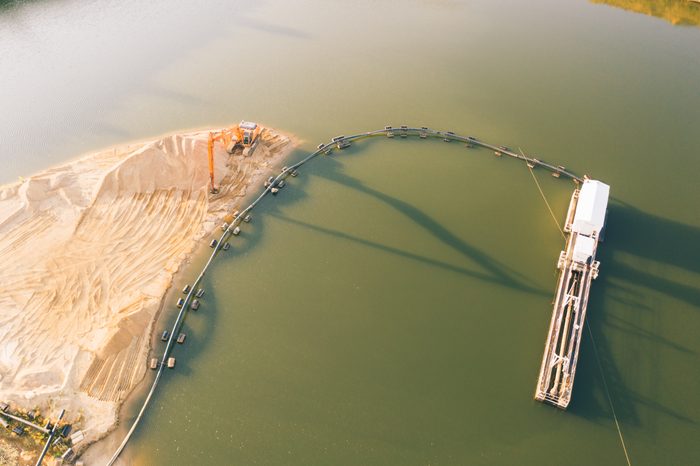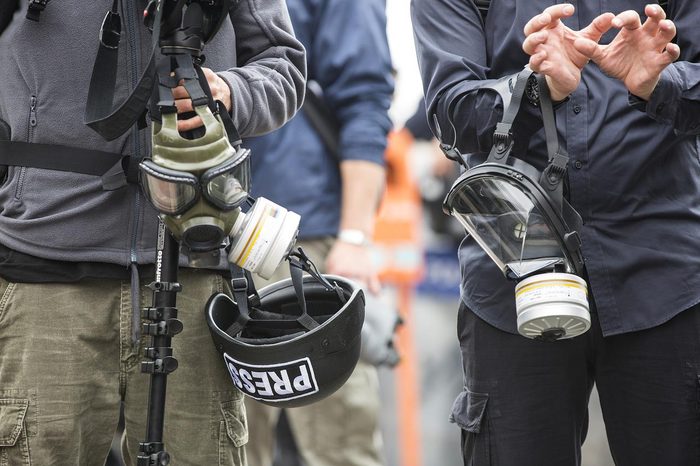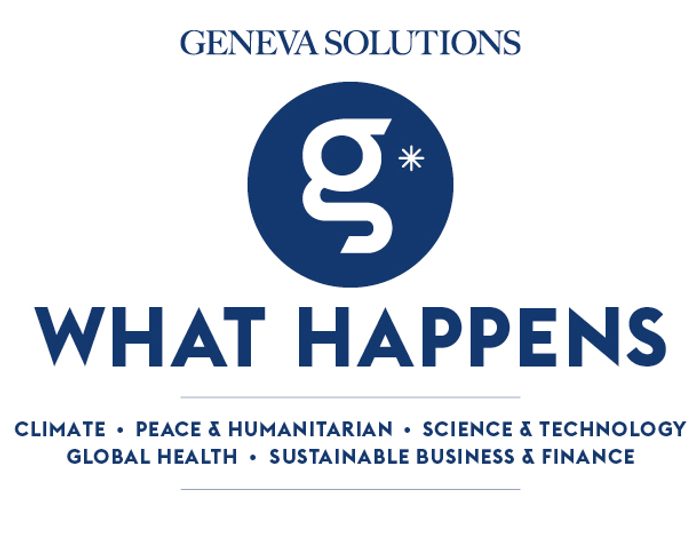Good morning, this is Michelle and today a UN report tells the world to draw a line in the sand addiction as its author explains why unchecked extraction of the mineral resource is threatening ecosystems and further exposing us to climate change.
From Ukraine Stories, we hear about the hazards faced by Ukrainian journalists reporting on the war and receive testimonies from Russian residents who oppose their country’s actions. |

|

Sand extraction. (Credit: Unsplash/Marcin Jozwiak)
|
|
Sand and gravel, nothing but trouble.
It’s literally ingrained in our society. From bridges, roads, houses and windows to solar panels and computer chips, humans use on average 17 kg of sand every day, with little regard to its impact on the environment. It’s the world’s second most exploited resource, after water, and yet we don’t keep track of how we use it, according to a new report by the UN Environment Programme (UNEP). Editor and author of the report, Pascal Peduzzi, tells us why countries must begin using the mineral in a sustainable way.
Geneva Solutions (EN)
|
|
Here's what else is happening
|

War correspondents. An illustrative photo. (Credit: Engin Akyurt/Pixabay)
|
|
Ukraine Stories #Week10: Why are journalists becoming Russian targets in Ukraine?
Since the beginning of Russia’s invasion of Ukraine, 21 media people have died, new figures show. At least half of them are journalists killed directly in the line of duty. In today’s blog, we highlight a piece written by well-known Ukrainian journalist, Andrii Ianitskyi, about the dangers of reporting in wartime. Elsewhere in Russia, where people have been prevented from protesting, Lego figurines are taking their place!
Geneva Solutions (EN)
|
|
Diary of a Russian journalist who disagrees with the war: part 2.
Russian journalist Ivan Zhilin interviews residents of Yekaterinburg who oppose the war. Among them, human rights activist Anatoly Svechnikov, talks abouts the responsibility of society, and not only the state, for the war today: “For decades Russians grew accustomed to indifference, used to turning a blind eye to problems that did not affect them personally. And here is the result.”
Geneva Solutions (EN)
|
|
|
GS news is a new media project covering the world of international cooperation and development. Don’t hesitate to forward our newsletter!
Have a good day!
|

|
|
Avenue du Bouchet 2
1209 Genève
Suisse
|
|
|
|









